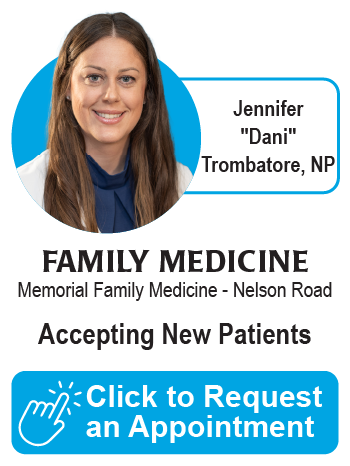Meal planning: Level up your healthy diet
- Category: Health Education
- Posted On:

 A healthy eating pattern does more than help you feel good day to day—it can help reduce your risk for serious health conditions like heart disease, diabetes and high blood pressure. But making healthy choices consistently isn't always easy. After a long workday, the task of cooking a fresh meal from scratch can feel overwhelming. That's why meal planning is so important. The more you prepare in advance, the easier it becomes to stick to your goals.
A healthy eating pattern does more than help you feel good day to day—it can help reduce your risk for serious health conditions like heart disease, diabetes and high blood pressure. But making healthy choices consistently isn't always easy. After a long workday, the task of cooking a fresh meal from scratch can feel overwhelming. That's why meal planning is so important. The more you prepare in advance, the easier it becomes to stick to your goals.
These simple strategies can help make meal planning easier, even for busy people.
1. Look at your schedule. Think through your week before you plan your meals. Are there nights when you'll need something fast? Are you packing lunches that need to stay cold all day? Factoring in daily routines makes healthy eating more manageable.
2. Consider dietary preferences. If you or your family members follow specific nutrition guidelines or have food allergies or preferences, be sure to build your meal plan around them. This increases the chances that everyone will enjoy and stick to the menu.
3. Make a menu. Start by choosing a week's worth of recipes that fit your cooking skills and the kitchen tools you have. Use up what's already in your kitchen, take advantage of store sales and aim for variety. Don't forget to include all meals—breakfast, lunch and dinner—as well as snacks.
4. Plan for leftovers. Save time and reduce food waste by building leftovers into your plan. You can serve them again later in the week or freeze them for a future meal. Always make sure to follow food safety guidelines.
5. Shop smart. Keep a running grocery list where it's easy to access—on paper or in a smartphone app. Add ingredients as you run out, and and check what you already have before shopping to avoid buying duplicates or wasting food.
6. Stock up on staples. Fill your pantry and freezer with essentials from all five food groups. Grains, like pasta and oats; proteins, such as canned beans and tuna; frozen vegetables; dried fruit; and low-fat dairy items can help you pull meals together quickly.
Still need help getting started? A primary care provider is a great place to get started. They can take a look at your personal health needs and get you on the right track for wellness and can event refer you to a registered dietitian who can tailor a plan to your needs. If you have questions about primary care, make an appointment with one of our providers by visiting www.lcmh.com/find-a-doc.
Sources:
American Heart Association
Academy of Nutrition and Dietetics
National Council on Aging





